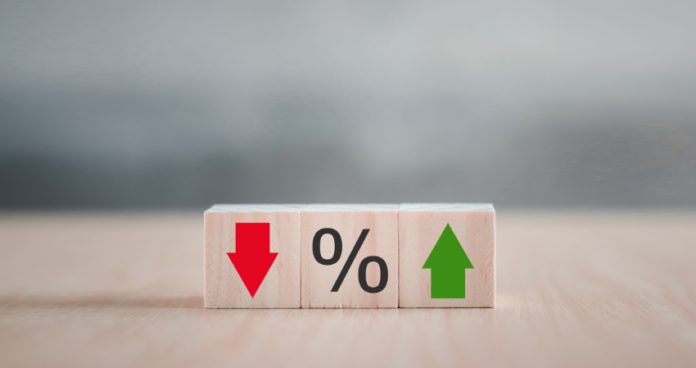State Bank of Pakistan (SBP) is widely expected to hold its key interest rate at a record 22% for the sixth straight policy meeting on Monday as inflation risks continue to loom, Reuters reported.
But a majority of analysts expect rate cuts from the second quarter of this year.
Monday’s policy decision would be the last ahead of the April expiry of a $3 billion Stand-by Arrangement (SBA) with the International Monetary Fund (IMF).
The median estimate in a Reuters poll of 17 analysts predicts the SBP will hold rates steady.
Three analysts are forecasting a 100-basis-point (bps) cut, while one expects a 25-bps cut on Monday. Fourteen of those surveyed expect a rate cut in the April-June quarter.
Pakistan’s key rate was last raised in June to fight persistent inflationary pressures and to meet one of the conditions set by the IMF for securing the bailout.
The country’s consumer price index for February rose 23.1% year on year, its slowest rate since June 2022, partly due to the “base effect”.
“Several inflationary risks loom large, including the potential implementation of sales tax on petroleum products, heightened food inflation during Ramadan, and the prospect of entering a new IMF program,” Saad Hanif, deputy head of research at Ismail Iqbal Securities, said.
In January, the central bank raised the average inflation forecast for the fiscal year ending in June to 23%-25%, from a previous projection of 20%-22%, due to rising gas and electricity prices.
Inflation hit an all-time high of 38% in May last year, driven partly by new taxation measures imposed to comply with IMF’s demands for a rescue programme that helped the nation avert a sovereign debt default.
Finance Minister Muhammad Aurangzeb during a recent interview with local media outlet Geo News said: “I do think during the course of this year, we will see the rates coming down”.
Mustafa Pasha, chief investment officer at Lakson Investments, said the chances of a rate cut are materially growing with each monetary policy meeting.
“We expect a symbolic cut of around 100 odd bps over Q2 of 2024, with the more aggressive moves coming in the back end of the year,” Pasha said.





Look at the market prices of commodities and vegetables. TODAY NO vegetable is sold @a price less than 250 per kg and petrol rate has also not been reduced. What our think tanks are talking is not understandable.